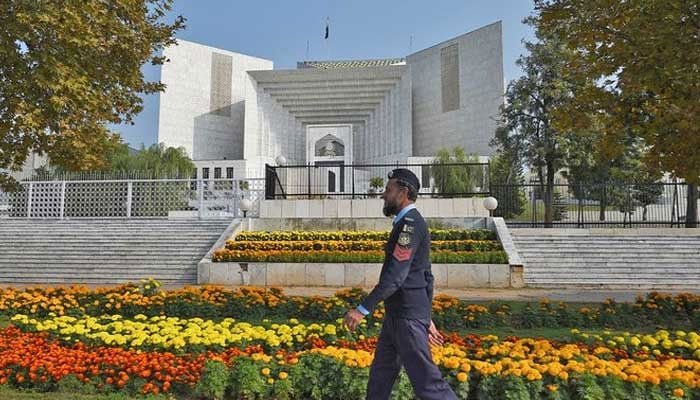In response to objections to the recently passed Supreme Court (Practice and Procedure) Act, 2023, the federal government of Pakistan has petitioned the top court of the nation. The government submitted an eight-page document outlining their stance on the legislation that seeks to limit the chief justice’s authority.
The document was presented to the Supreme Court’s three-member panel, which is now considering the petitions filed in opposition to the contentious law. The act was passed in a joint parliamentary session last month, according to the government, which claims that this gave it legal status.
The government responds by claiming that the petitions aim to obstruct the administration of justice and the judiciary’s independence. They contend that the petitioners lacked good faith and were not entitled to the court’s consideration because doing so would undermine the public’s confidence in the court’s impartiality and independence.
According to the new legislation, a committee made up of the chief justice and the two next senior-most judges will now have the authority to form benches, which was previously exercised by the chief justice in accordance with the Supreme Court Rules of 1980. According to the government, there is no legal impediment preventing parliament from passing laws regarding these issues.
n addition, the government’s response claims that the phrase “Master of Roster” has no legal justification and is merely a term used in relation to the Supreme Court Rules. They reserve the right to make further justifications for the constitutionality of the petitions and request that the Supreme Court reject them.
Eight judges from the Supreme Court, including Chief Justice Umar Ata Bandial, Justices Ijaz ul Ahsan, Munib Akhtar, Sayyed Mazahar Ali Akbar Naqvi, Muhammad Ali Mazhar, Ayesha A. Malik, Syed Hasan Azhar Rizvi, and Shahid Waheed, are presiding over the case.


